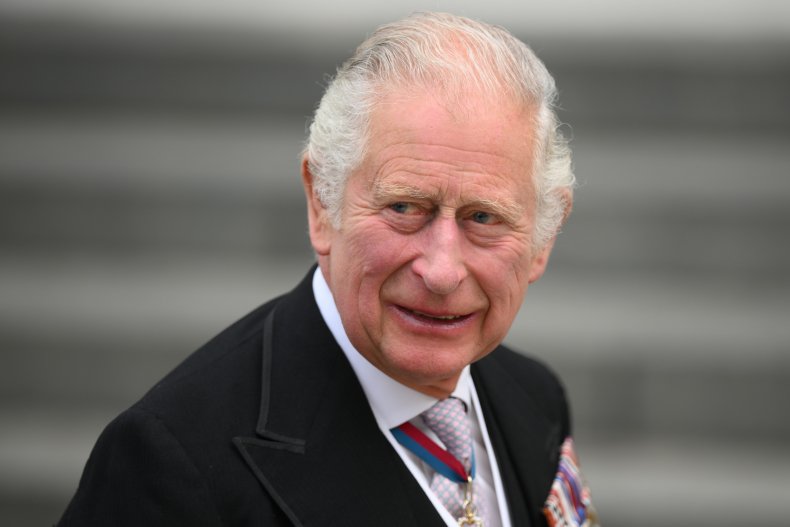Long Live the King—But Can the Monarchy?
The recently crowned King Charles III has much ahead in his path as the new head of the royal family.
September 24, 2022
The British monarchy—it could almost be considered the monarchy, given its international fame. Like many other monarchies around the world, it does not hold absolute power anymore. However, it still holds an important symbolic influence with its honorary prestige. Aside from being known as the historical centerpiece of an ancient world power, the monarchy of Great Britain has extended its rule to the people’s hearts. From romantic, grand weddings where princesses are made to the knighting of beloved pop stars and renowned intellectuals, the monarchy has continued to inspire and swoon individuals worldwide. Additionally, the monarchy sponsors numerous charities such as Cancer Research UK, the British Red Cross, and Barnardo’s (www.independent.co.uk).
However, the clock may be about to strike twelve ‘o clock for the fairytale enchantment of the British royalty.
With the recent death of Queen Elizabeth II—the heart and longest-lived matriarch of the modern royal family—many are uncertain of the monarchy’s future and its ability to survive. In fact, some are even beginning to resurface arguments for its abolishment, claiming that the country no longer has any use for the ancient establishment anymore. The last time such behavior was exhibited was seen during the rule of Queen Victoria, the first “celebrity” monarch. After ceasing public activities following the death of her husband, the relevance of Queen Victoria and the monarchy was questioned. Still, there are many individuals who adored the late Queen Elizabeth II, and maintain loyal sentiments regarding the monarchy.
Nevertheless, the question of whether or not the monarchy will survive has fallen onto the expectations people have—or do not have—for the newly crowned king, Charles III. Despite being the son of the late Queen, it is evident from the public discussion that Charles III lacks many of the profound attributes of his mother. Whether it be to her prestige or regality, the new king simply seems dull in comparison. As YLHS’s AP Euro teacher, Mr. Buchan (staff), says, “the new king will have big shoes to fill,” but “he can help shape the monarchy into a more modern institution despite it being an ancient institution.” Aside from her refined and elegant demeanor, Queen Elizabeth II has had the experience of meeting with countless generations of notable figures, and living through many historical events. On the other hand, Charles has always appeared to stand in the shadow of his mother. In contrast to her and his sons, he has garnered less popularity with the public. Furthermore, he strays from the ideal image of an impartial royal, being “a more outspoken, less conformist figure” than his mother (cnn.com). As prince, he was known to be detached from tradition in favor of his own unique way of doing things. In the past, he has been noted to have even made demands for his agricultural charities.
An opinionated activist, Charles’s views are known to be “in step with much of the British public,” but this is not necessarily favorable (cnn.com). In an incident regarding the British deportation of migrants to Rwanda, Charles was overheard criticizing the government’s actions. Although he shared his opinion with the majority of the British people, his leaked position could have proved to be fatal should he have been supporting the opposing view. As exemplified by Queen Elizabeth II, impartiality, neutrality, and calculated silence are a ruler’s safest and most peace-preserving attributes.
Overall, it is clear that the legacy of Queen Elizabeth II will require much effort and refinement on Charles III’s part in order for him to succeed her effectively.





































